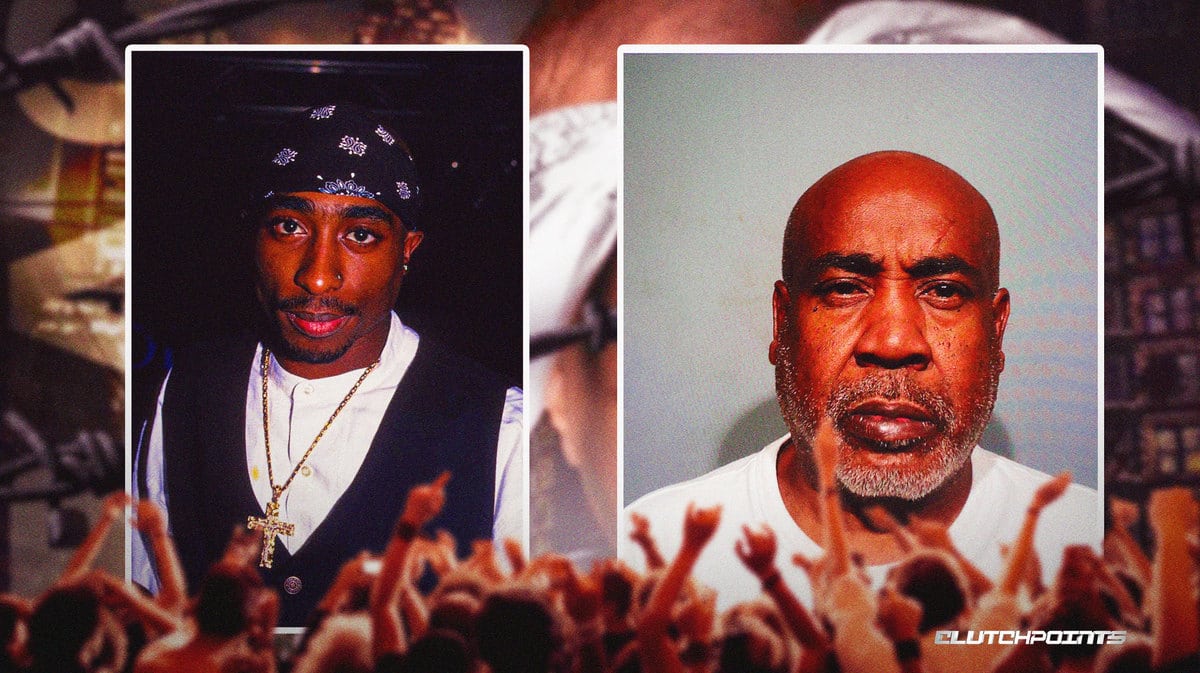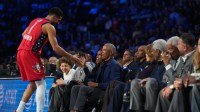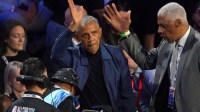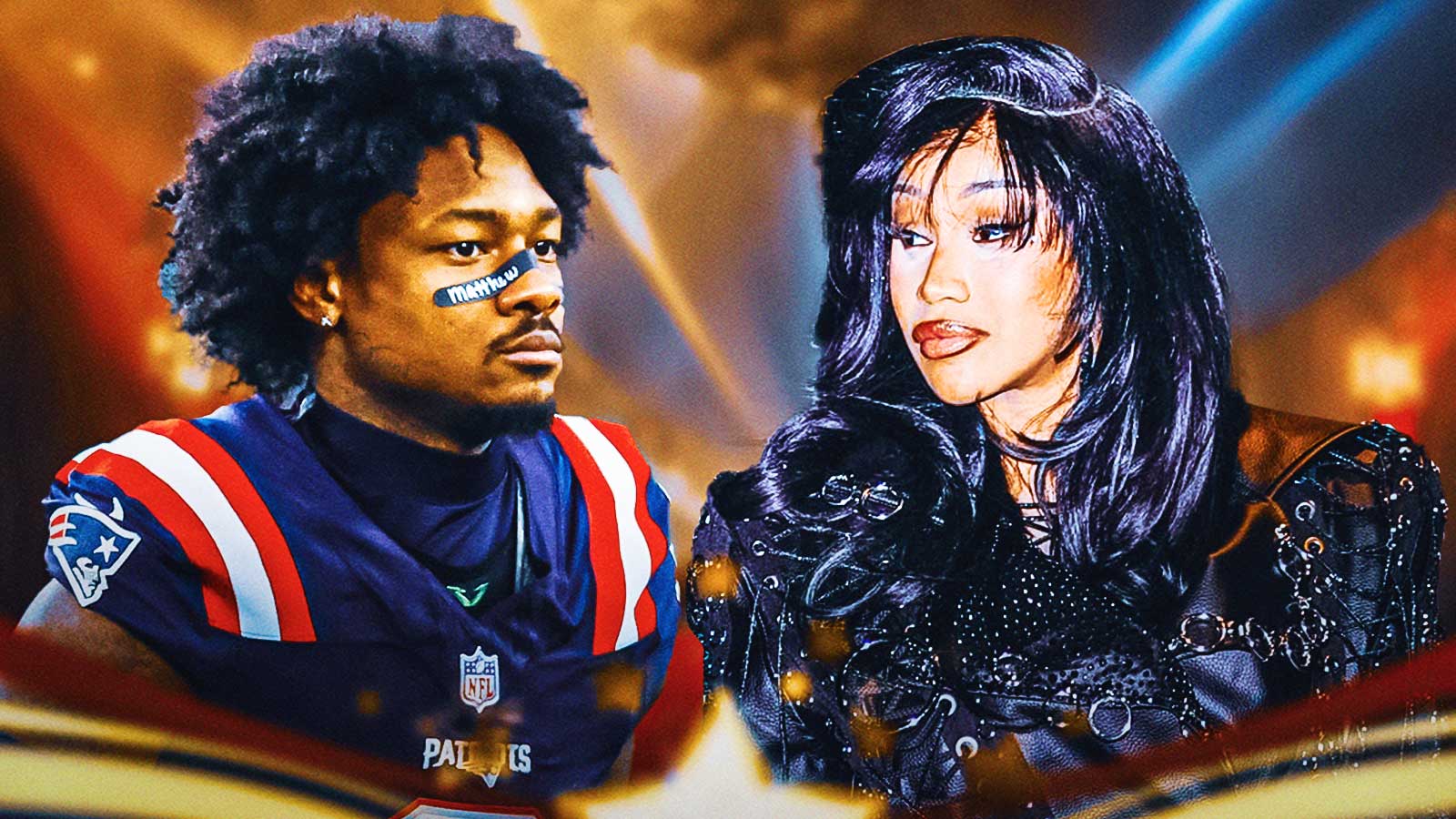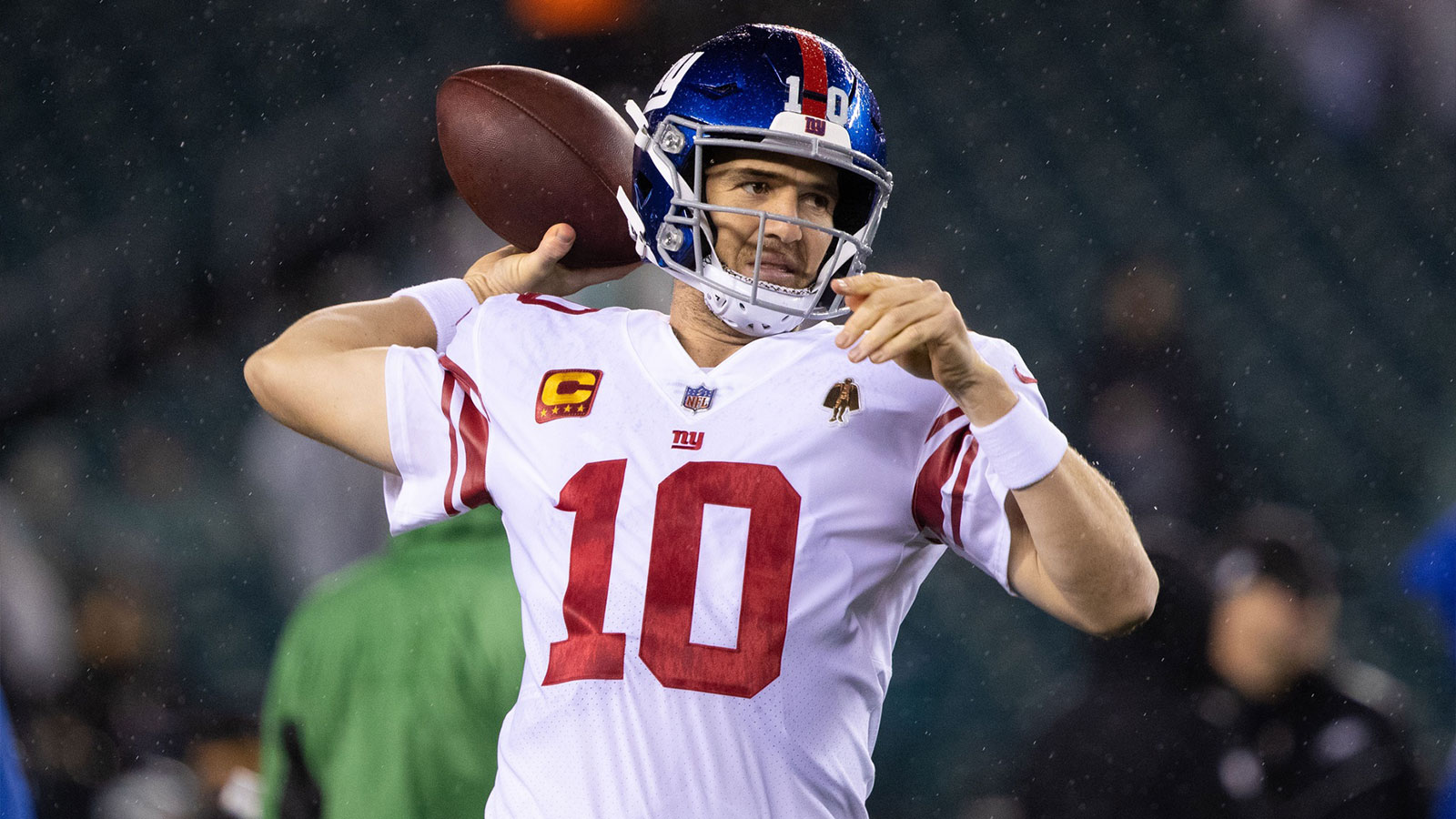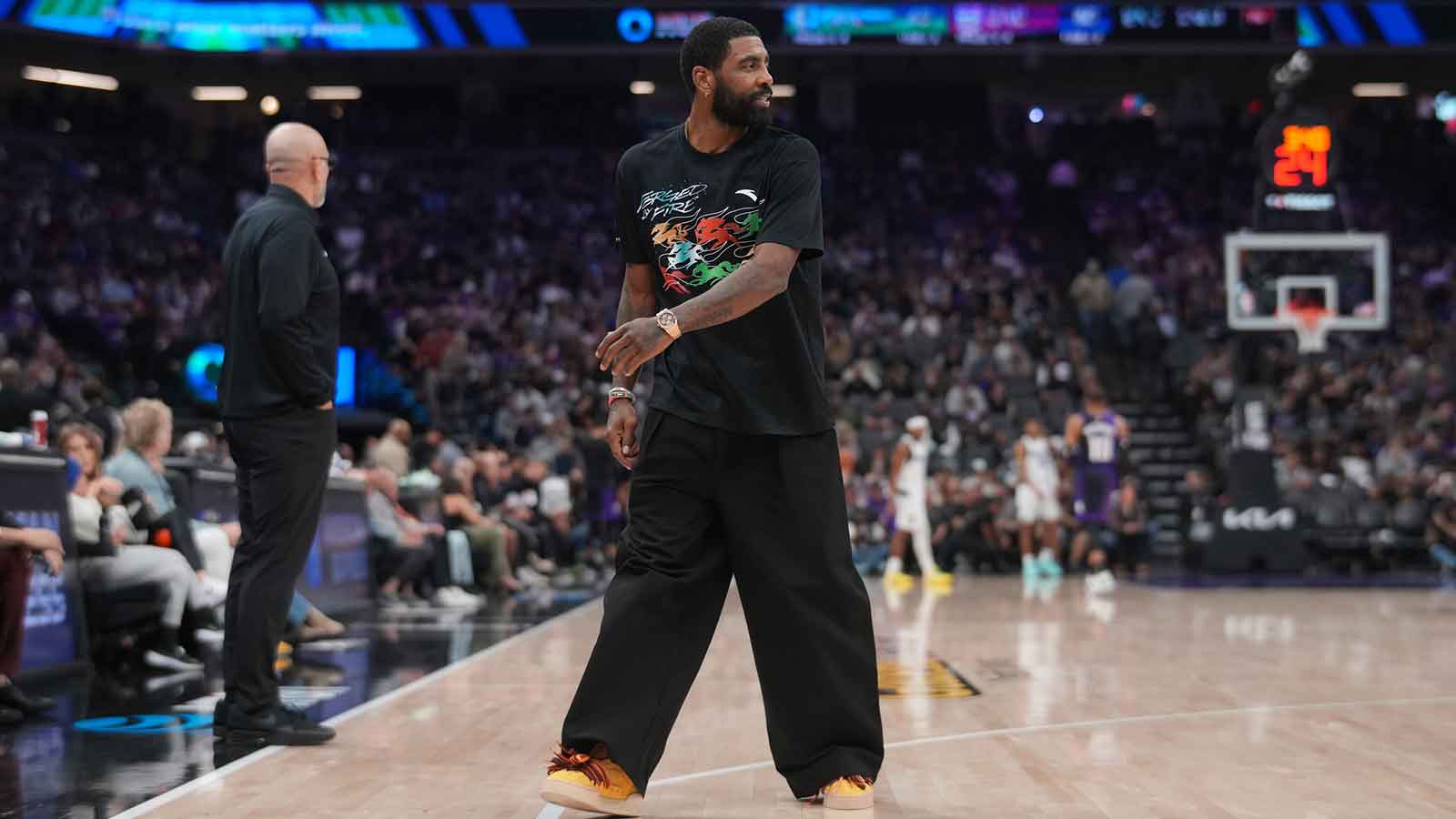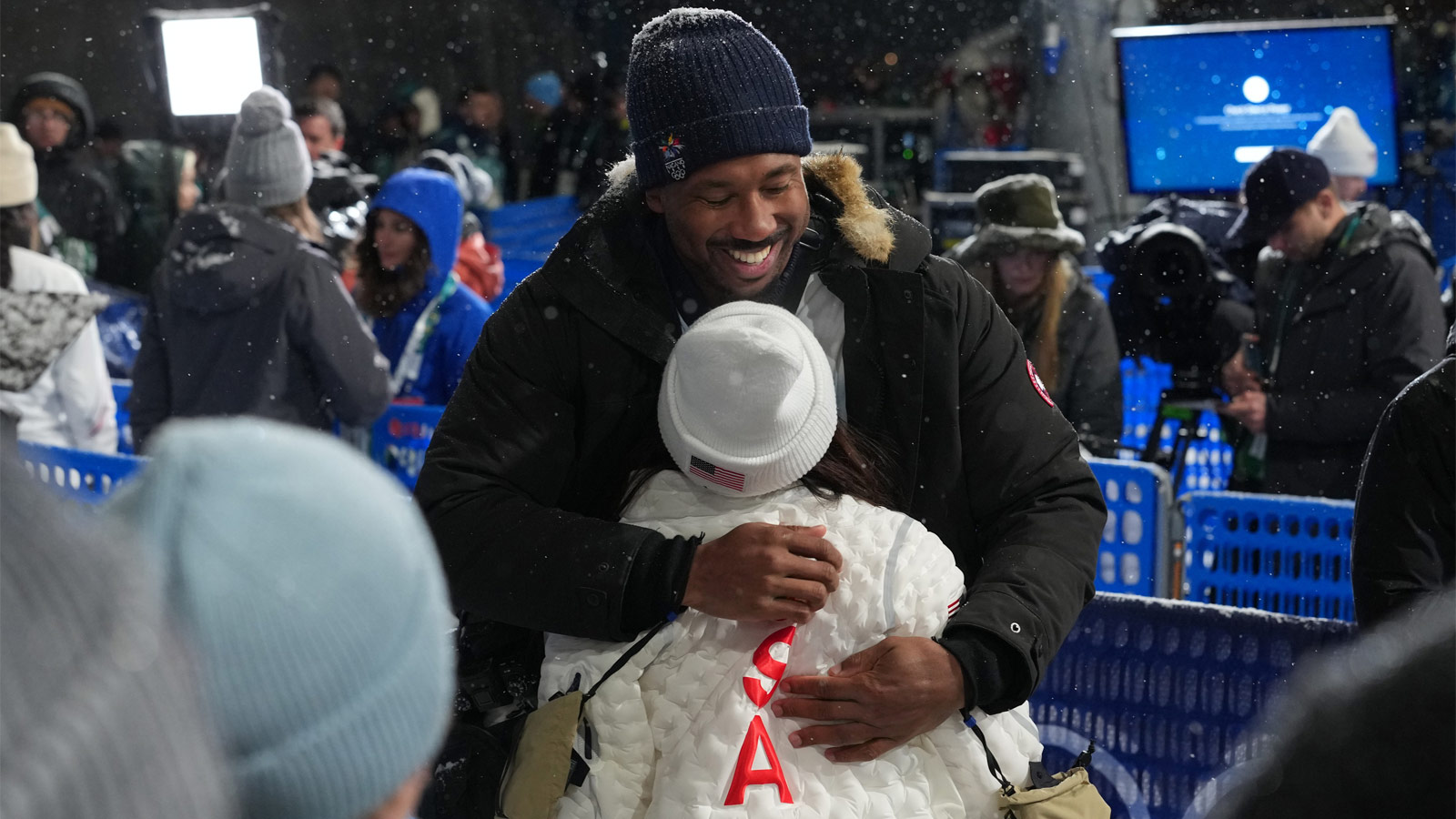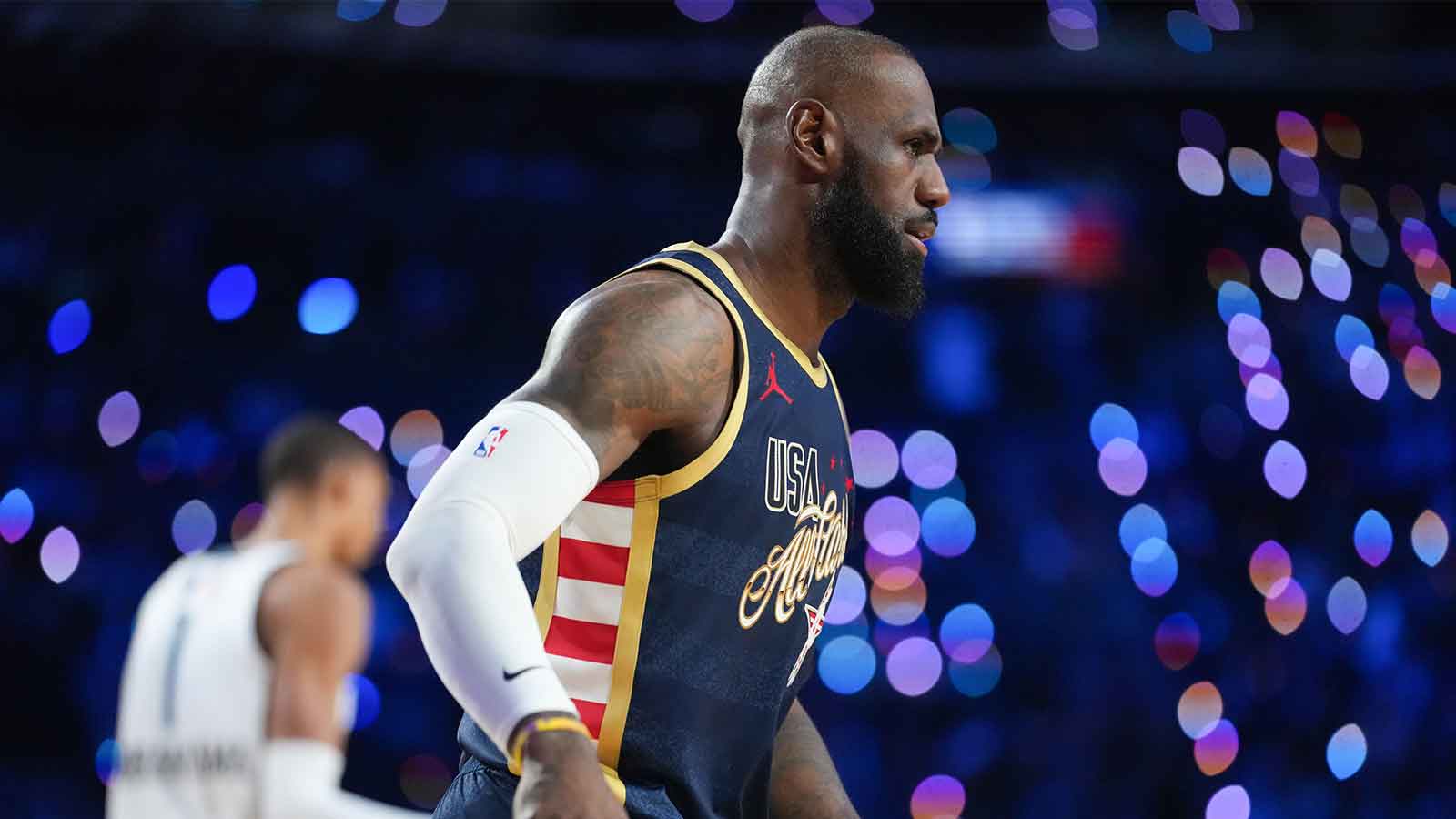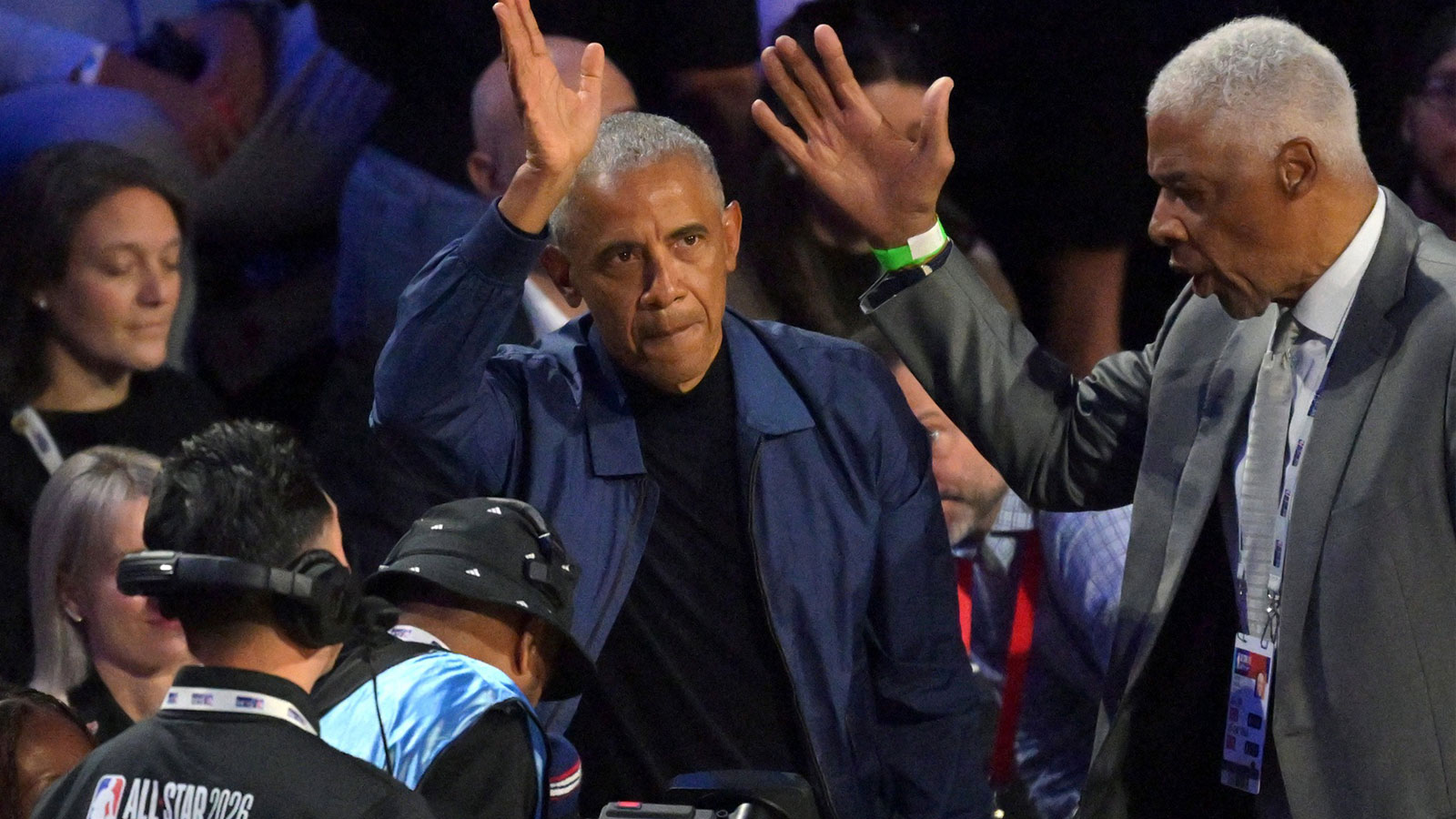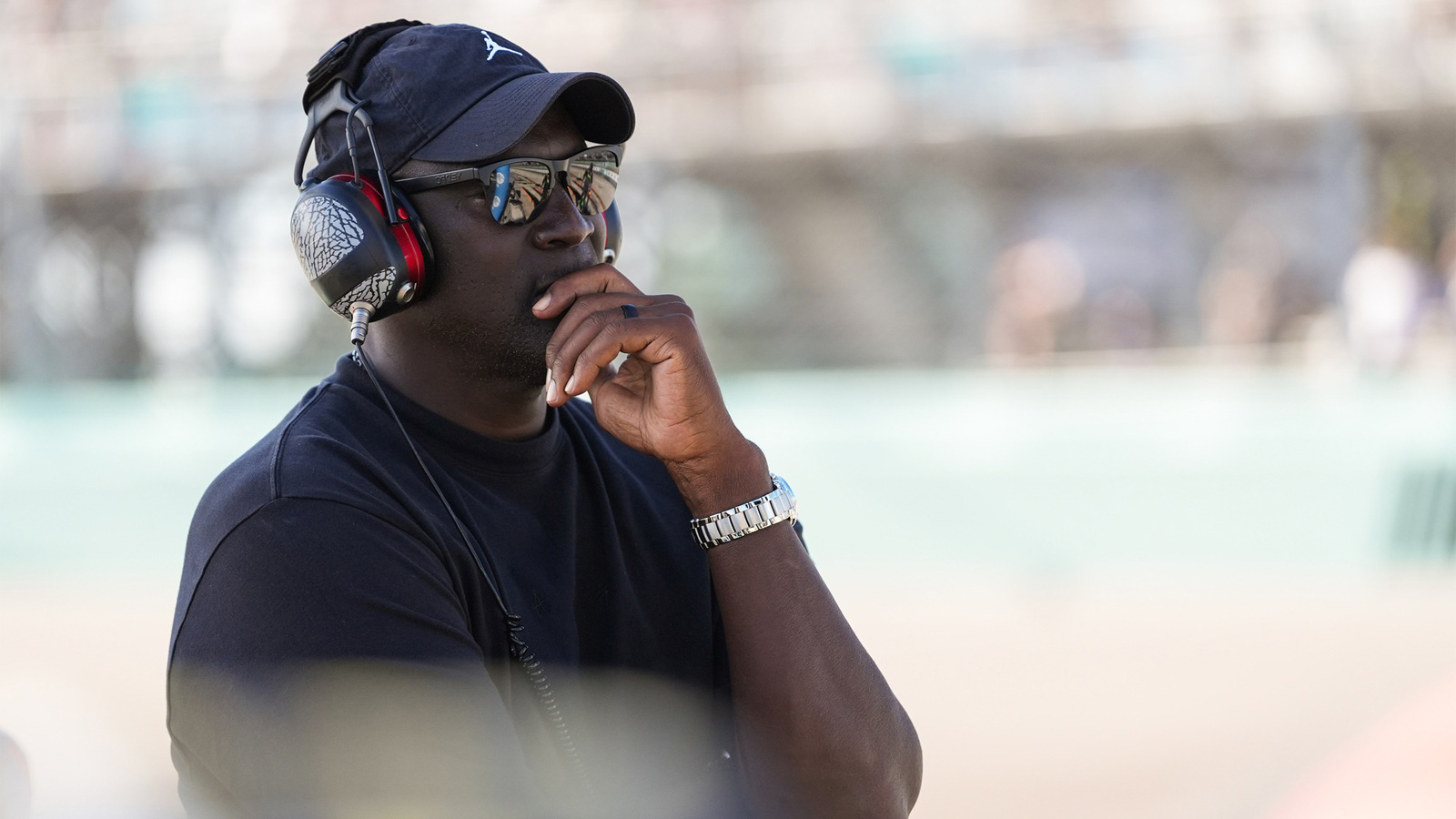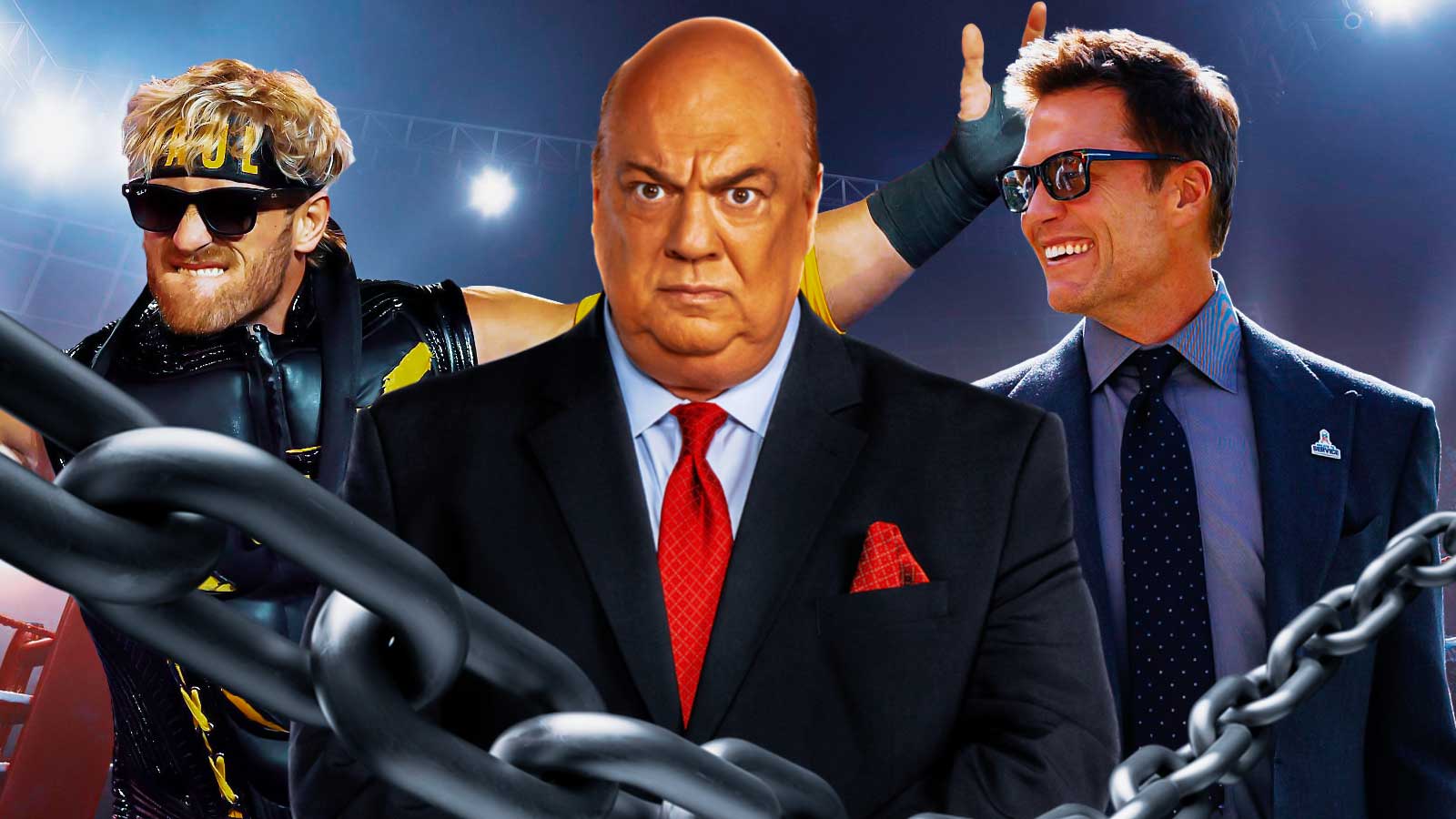For nearly three decades, the murder of iconic rapper Tupac Shakur remained a mystery. The drive-by shooting that claimed his life on September 7, 1996, in Las Vegas had gone unsolved, CBSNews reports. However, in a dramatic turn of events, authorities recently announced a significant breakthrough in the case. A Clark County grand jury has handed down a murder indictment for Duane “Keffe D” Davis, offering a ray of hope for those who have longed for justice in the beloved rapper's murder.
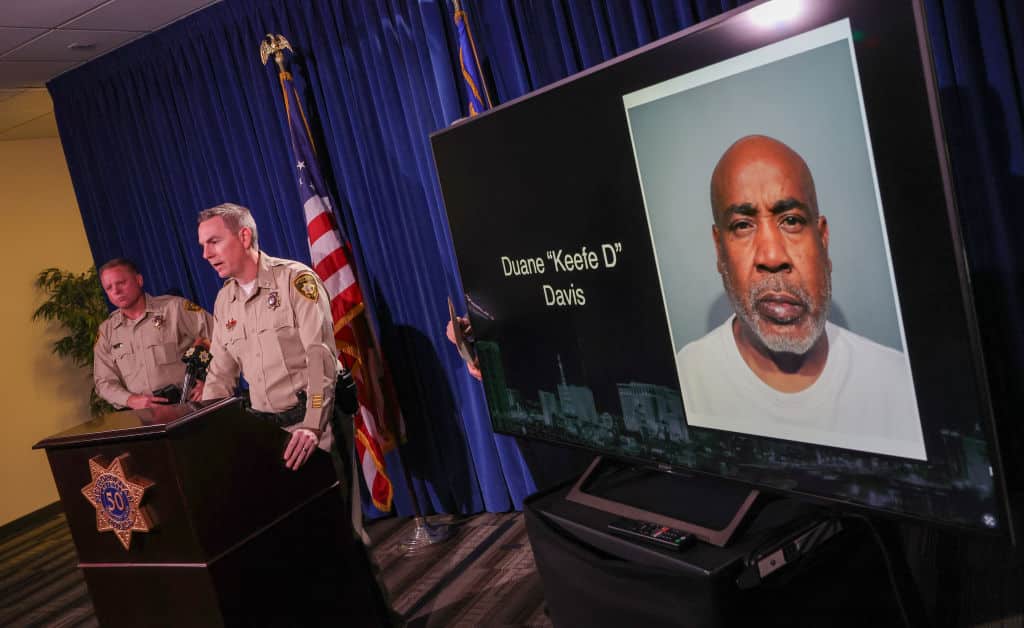
Decades of Frustration Ends with Indictment
The announcement of the indictment brought closure to a chapter of frustration for those seeking justice for Tupac Shakur. The Las Vegas Sheriff, Kevin McMahill, addressed concerns that the case had not been a priority for law enforcement. He emphasized that this was not the case and outlined the timeline and evidence that had culminated in a solid case against Duane Davis. Some of this evidence was gleaned from interviews Davis had given to various media outlets over the years.
Charges and Court Proceedings
Clark County District Attorney Steve Wolfson revealed that Davis would appear in court in the coming days to determine his custody status and set a court date for his trial. Davis has been charged with one count of open murder with the use of a deadly weapon, along with a gang enhancement. Remarkably, at 60 years old, Duane Davis is the last living suspect in the case.
Who Is Duane “Keffe D” Davis?
Duane Davis, known as “Keffe D,” is a self-described “hardened gangster.” He was a prominent figure in the South Side Compton Crips gang and played a key role in orchestrating the revenge plot against Tupac Shakur. In 2019, Davis released a tell-all memoir titled “Compton Street Legend,” shedding light on his criminal activities and gang affiliations.
A Life Marked by Crime and Adversity
Davis's life trajectory took a dark turn as he rose through the ranks of the notorious South Side Compton Crips. He became a “shot caller” within the gang and was involved in running a multimillion-dollar drug empire across the United States. Born in Watts, California, Davis's family later moved to Compton, initially a “middle-class family-oriented neighborhood for Black families.” His family's fortune changed when his father won a significant amount of money betting on horses at the Agua Caliente Race track in Tijuana, Mexico. This windfall allowed them to purchase a house in Compton and two new cars.
However, racial tensions marred their neighborhood as White families began to move away, leaving Davis's family as the sole Black residents on their block. Davis, one of 12 siblings, grew up surrounded by family but also faced numerous hardships. His mother passed away from colon cancer in 1980 when he was just 15 years old. In a tragic parallel, Davis himself battled and survived the same cancer in 2014. Additionally, two of his brothers met unfortunate ends, with one succumbing to cancer and the other falling victim to a street shooting in Compton.
Involvement with Gangs and Criminal Activity
Davis's association with the Crips began in 1971 when he was just a teenager. He attributed his initial involvement to peer pressure, as it was a common path for young boys in the neighborhood. Despite working at Compton College, Davis turned to drug dealing as it promised quicker financial gains. He spent time in prison from 1985 to 1989, but rather than rehabilitation, it further entrenched his criminal activities.
Connection to Tupac Shakur's Murder
The night of Tupac Shakur's fatal shooting, Shakur and his entourage were in Las Vegas to attend a Mike Tyson fight at the MGM Grand Garden Arena. An altercation ensued between Shakur, his business partner Suge Knight, and Orlando Anderson, Davis's nephew. Surveillance footage captured Shakur and Knight assaulting Anderson before hotel employees intervened.
News of the fight reached Davis, who then devised a plan for revenge. He procured a firearm from a close associate and enlisted Anderson, Terrance Brown, and Deandre Smith to accompany him in the infamous white Cadillac on the night of September 7, 1996.
Confession and Renewed Investigation
Remarkably, Duane “Keffe D” Davis has publicly confessed to providing the gun used in Tupac Shakur's murder on multiple occasions. This confession played a pivotal role in renewing the investigation into Shakur's death. While Davis has spent decades evading authorities, this indictment marks a significant step toward justice for one of hip-hop's most influential figures.
Davis's life has been marked by crime, adversity, and a long-standing connection to a notorious gang. Now, as he faces trial for his alleged role in Tupac Shakur's murder, the world watches to see whether justice will finally be served in a case that has remained unsolved for far too long.

